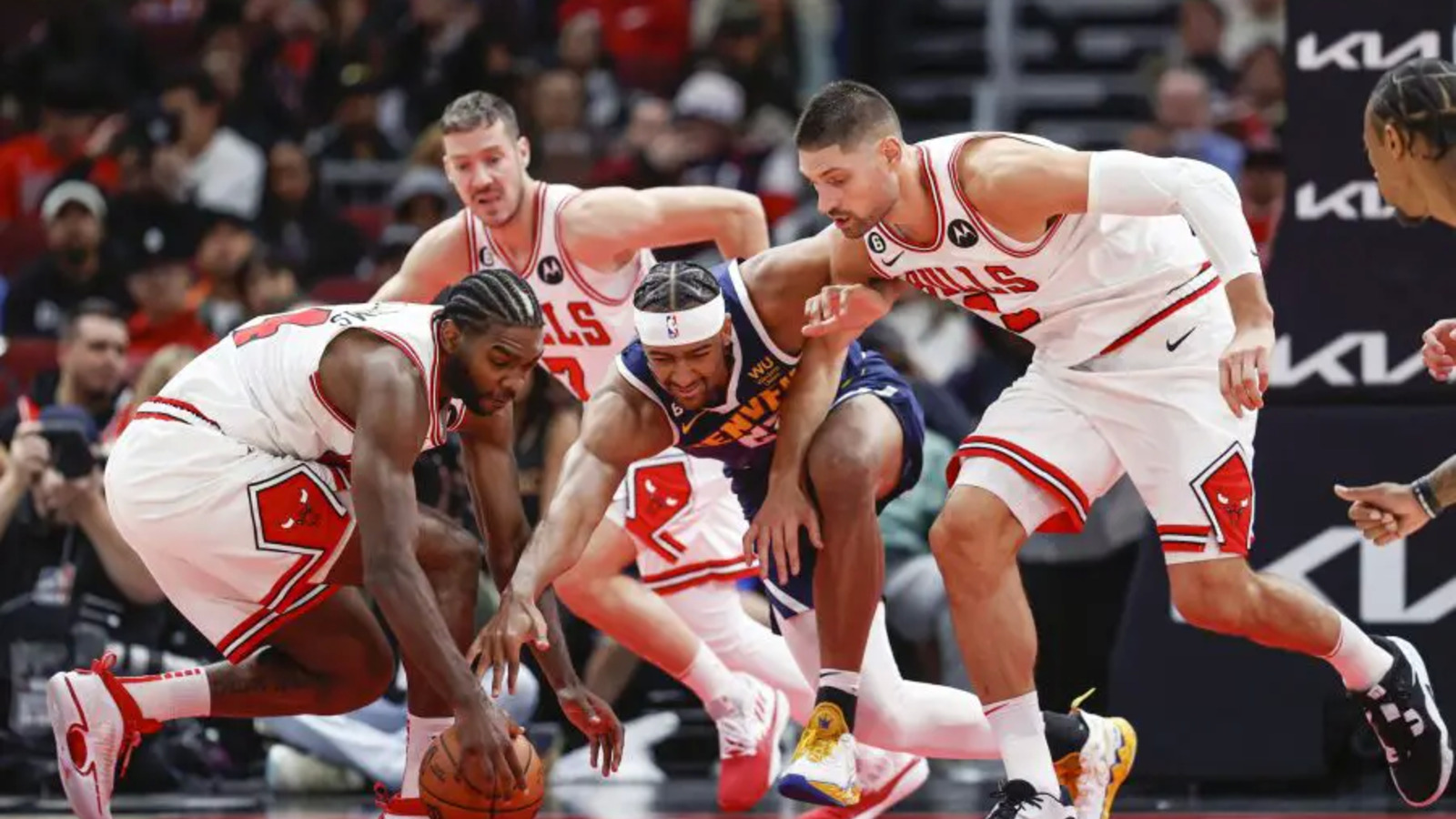The Chicago Bulls find themselves in a familiar, and perhaps stagnant, position following the crucial free agency period, mirroring their standing in the most recent NBA Power Rankings. Despite the flurry of activity across the league, the Bulls’ roster remains largely consistent with their previous season’s configuration, leading to a notable lack of upward movement in the highly anticipated league assessments.
The team’s offseason has been characterized by minimal significant changes, with one role player effectively swapped for another and the addition of a first-round rookie. While these adjustments contribute to the squad’s depth, they haven’t been perceived as transformative enough to alter the team’s overall trajectory or reputation within the competitive NBA landscape.
A key focus remains on the ongoing negotiations with restricted free agent Josh Giddey. His return is widely anticipated, yet his continued presence wouldn’t constitute a fresh addition to the roster, as he was already part of the team. The protracted stalemate over his contract terms underscores the cautious, almost static, approach the Bulls have adopted this offseason, particularly concerning their backcourt dynamic.
This unchanged outlook in the NBA Power Rankings is particularly fitting given the Bulls’ performance last season, where they finished below the .500 mark. Their disappointing exit from the play-in game against the Miami Heat on their home court further solidified their perception as a middle-of-the-pack team, a reputation that the current offseason moves have done little to dispel.
Despite earlier trade rumors swirling around prominent players such as Coby White and veteran Nikola Vucevic, neither scenario gained significant traction. Vucevic, in particular, seemed a likely candidate for a move considering his age, salary implications, and contract length, yet he remains with the team, contributing to the feeling of continuity rather than change.
The roster, therefore, largely resembles the one from the previous campaign, with the primary difference being the absence of Lonzo Ball due to injury and the integration of Isaac Okoro. These subtle shifts indicate a reliance on internal development and continuity rather than aggressive external acquisitions to propel the team forward.
Ultimately, the perception of the Chicago Bulls post-free agency is one of unwavering consistency, for better or worse. Their continued ranking at 23rd in the NBA Power Rankings reflects an offseason that prioritized stability over radical transformation, leaving many to wonder if this strategy will be sufficient to break free from their recent struggles and ascend in the challenging Eastern Conference.






Leave a Reply